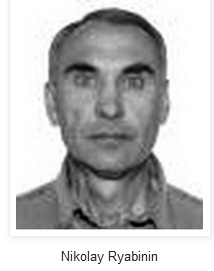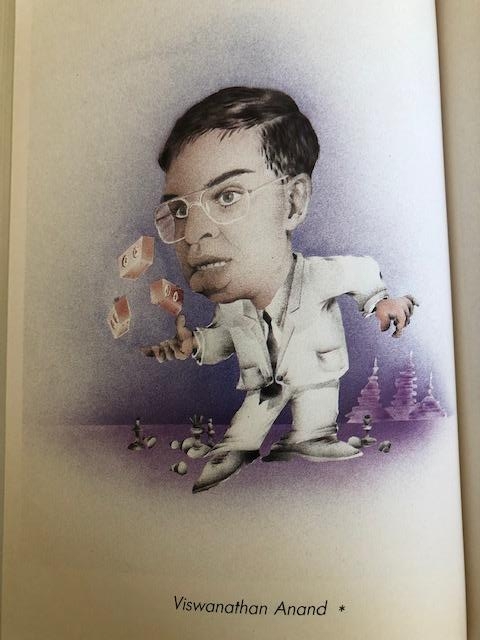Do you know Max Feigl? No ? Pity. He was an excellent composer, straddling two centuries, combining strategy and model mats, according to the principles of the German school. Here are three samples of his work, the last one in collaboration with a great player: at that time, the world of the game and the world of the problem were not compartmentalised. The great player in question, although one-eyed, could see much better than his opponents. Solutions to these problems on request.
 Do you know Nikolai Ryabinin? No ? Pity. He's an excellent composer, of our time, combining spectacularity and depth. Sometimes you have to wait more than 10 moves before you know... how to begin. Here are three samples of his work, the last one reminiscent of a Villeneuve-Esclapon classic, where one draws with one less rook.
Do you know Nikolai Ryabinin? No ? Pity. He's an excellent composer, of our time, combining spectacularity and depth. Sometimes you have to wait more than 10 moves before you know... how to begin. Here are three samples of his work, the last one reminiscent of a Villeneuve-Esclapon classic, where one draws with one less rook.

When you meet a world-class player, and therefore have a good chance of losing, you take great comfort in knowing that you had a winning position. After all, it proves that, in terms of design, you were up to the task. Simply said, he's better trained than you are. If you had the time, and blah, blah, blah... A familiar refrain.
Here, the case is a bit special. The White player didn't know if he was winning. So he asked the big machine called "Deep Blue", which would 4 years later strip the world champion in 19 moves (remember this Caro-Kann). This machine was then dismantled and scrapped, just like there are car cemeteries. The detail of the analysis would have been much more interesting than the match itself, one wonders why it was never published.
Enjoy your meal and see you, God willing, in a fortnight' time on February 11th.
Add a comment